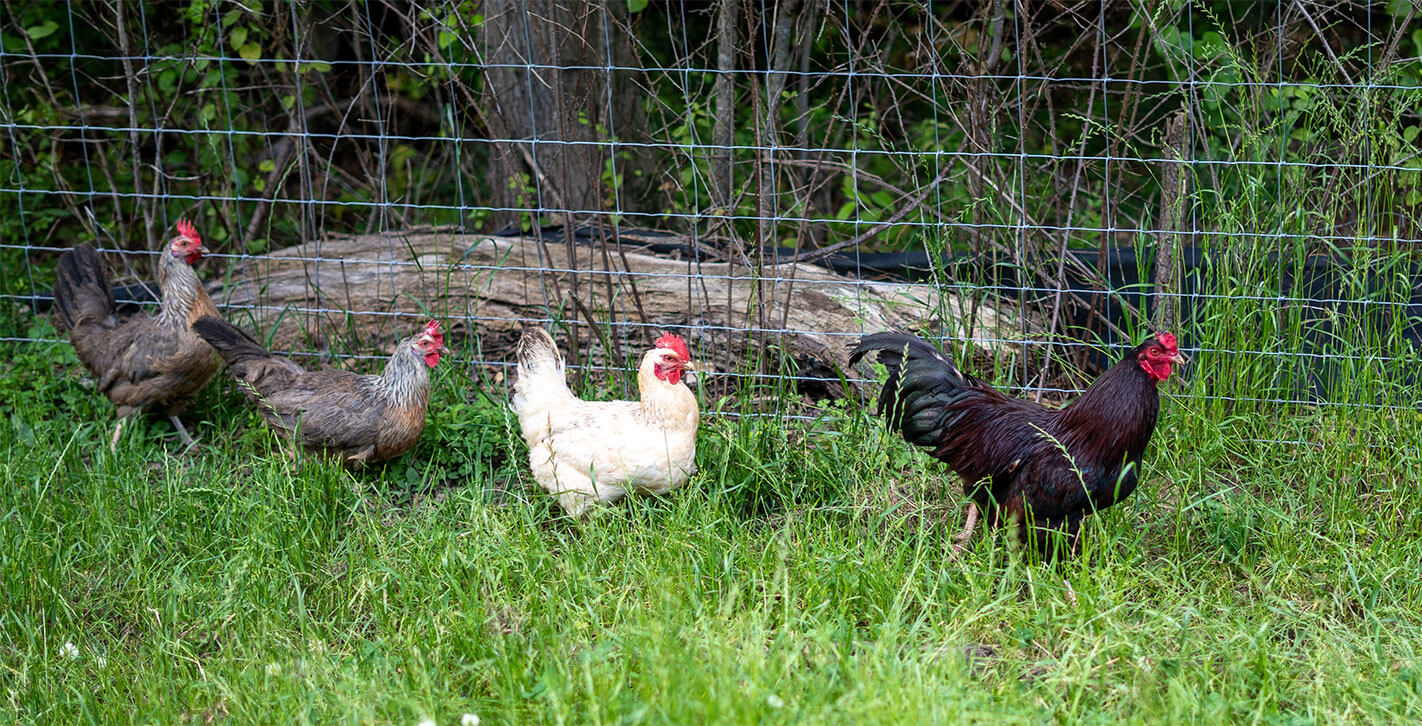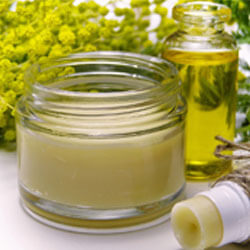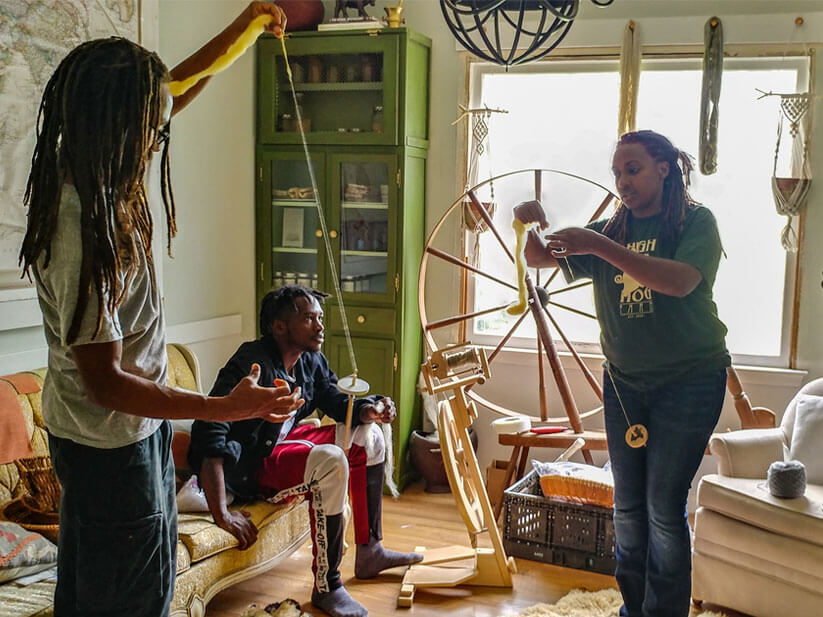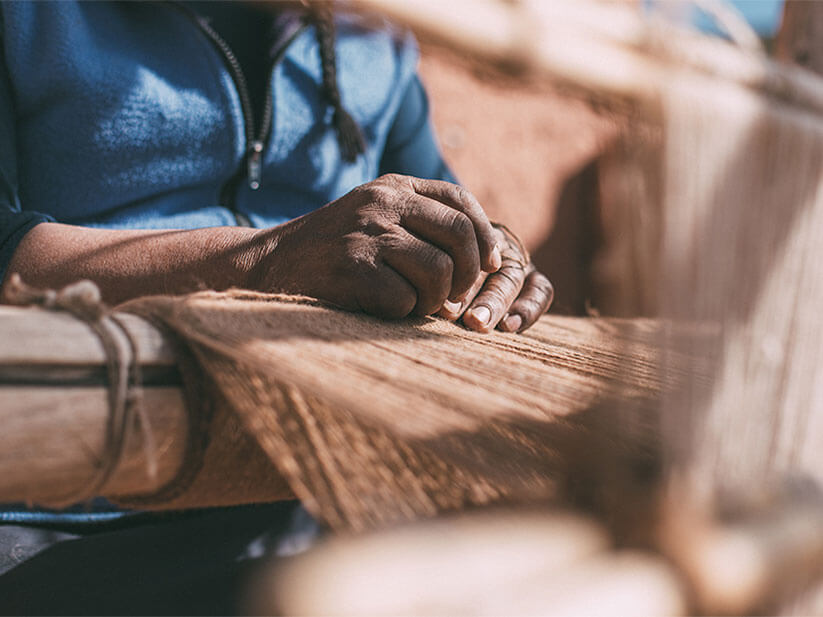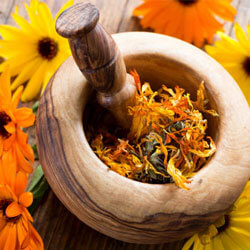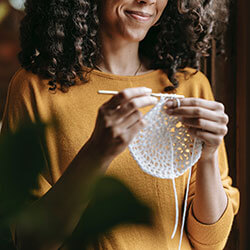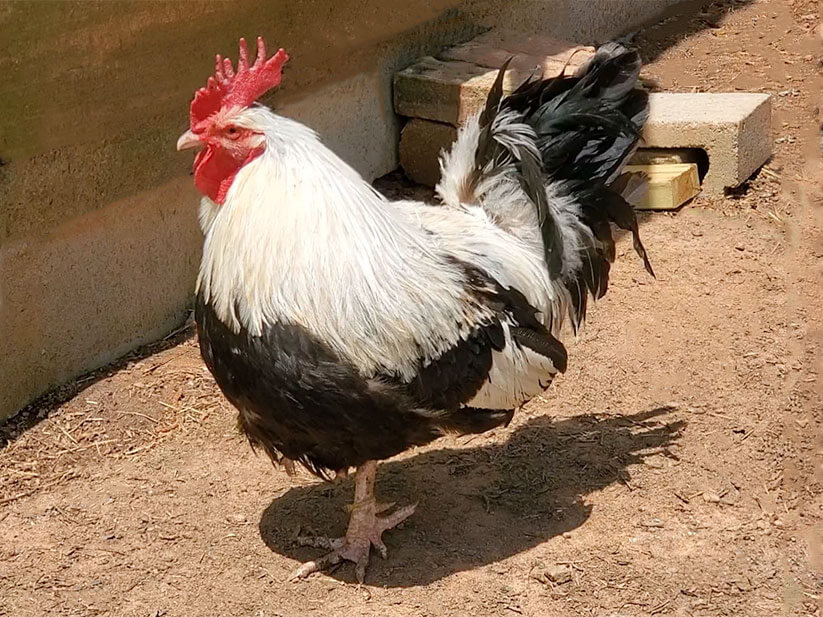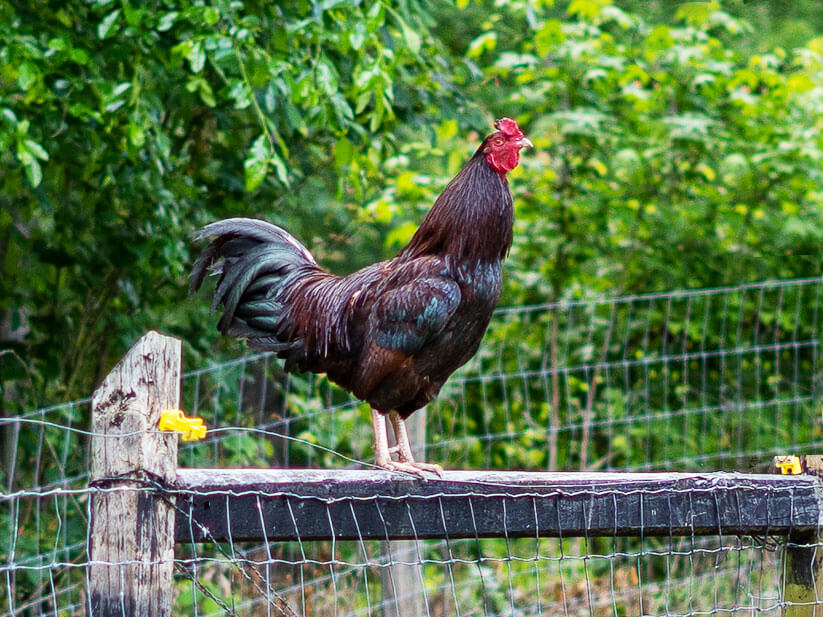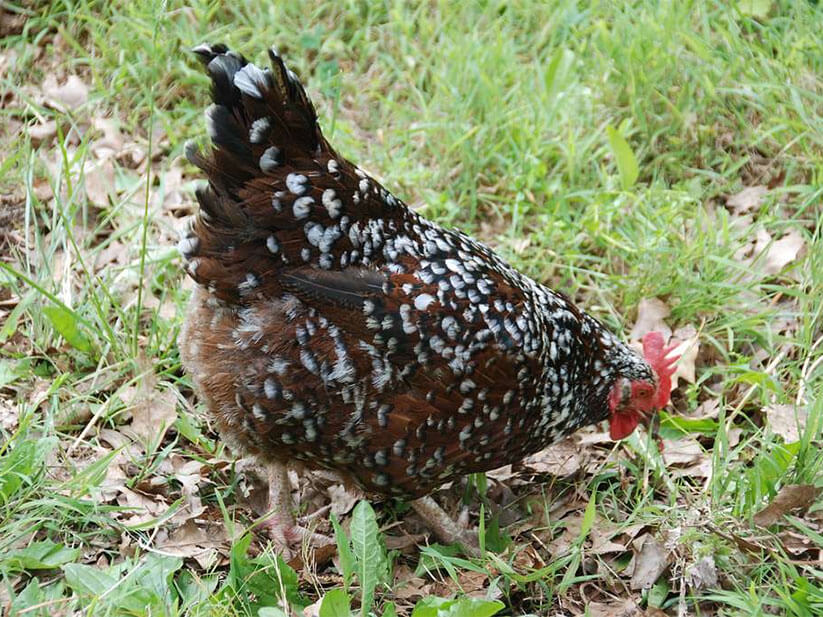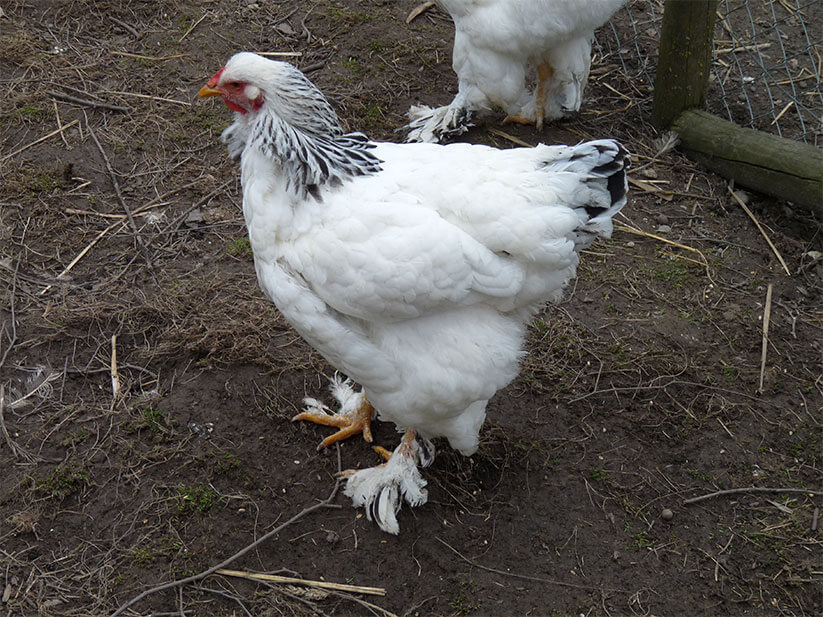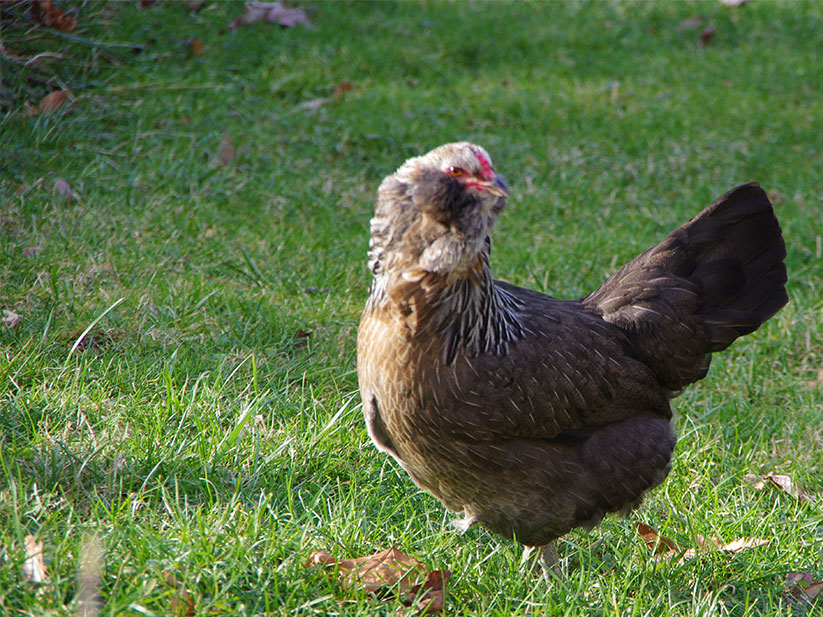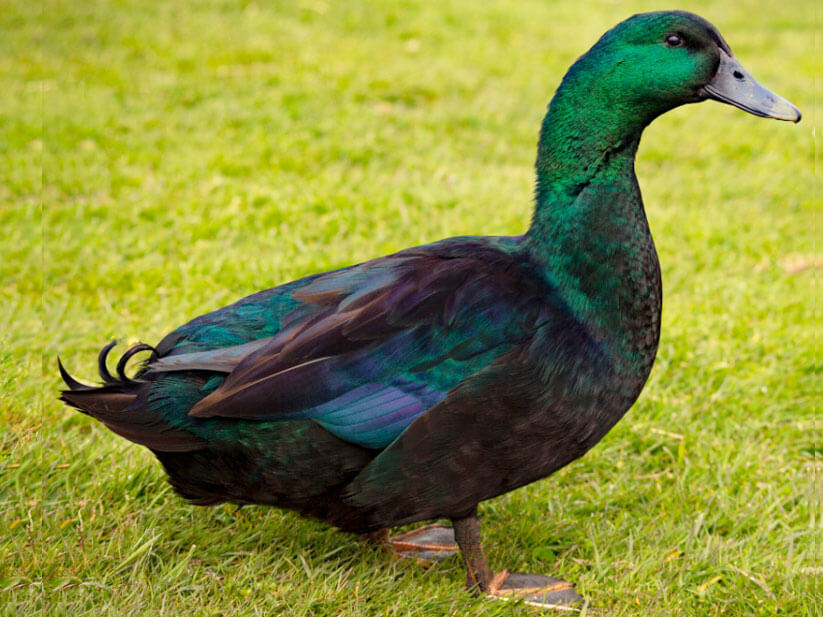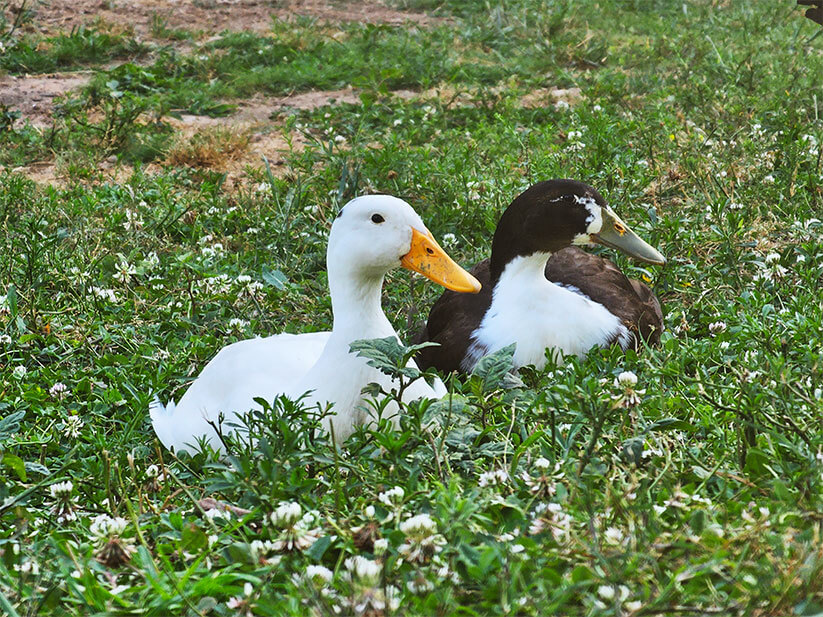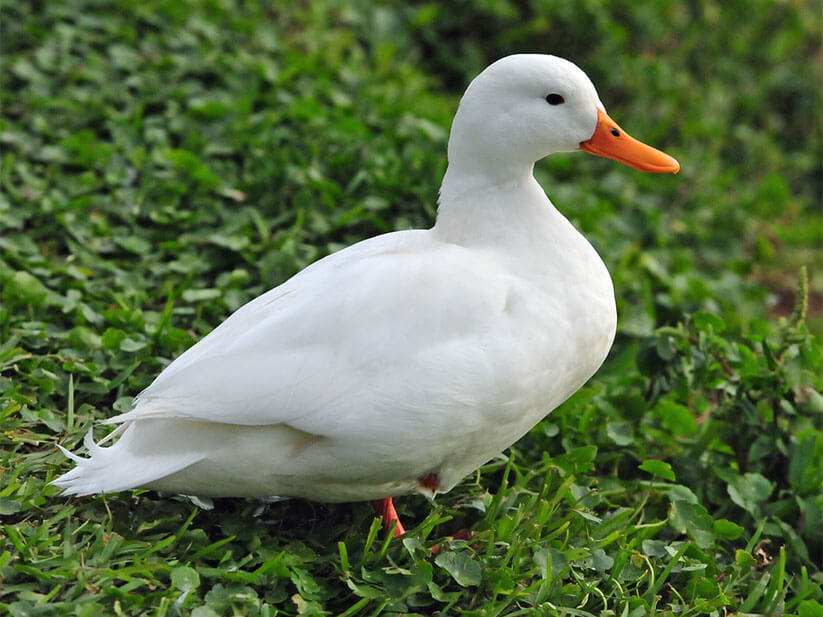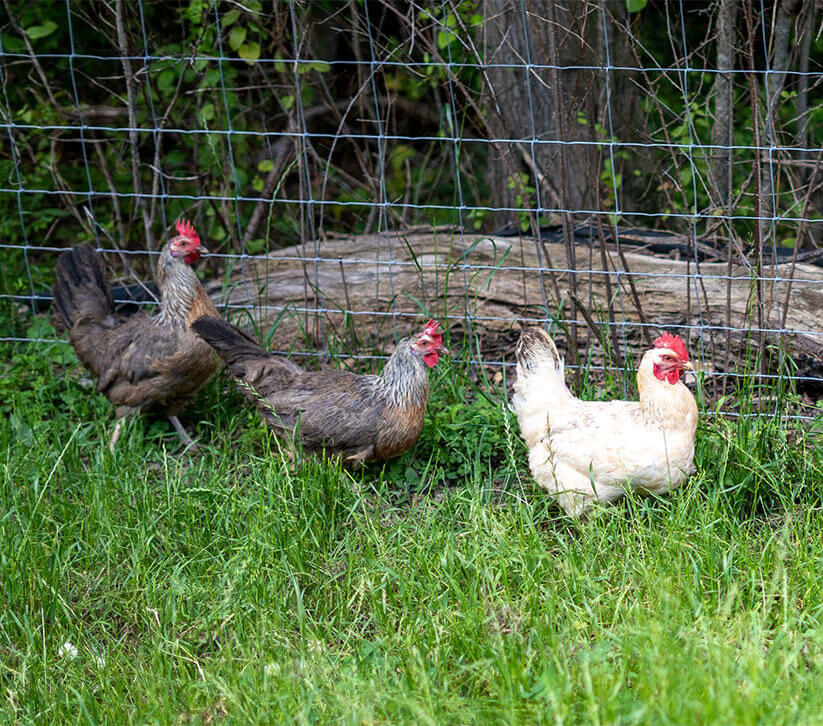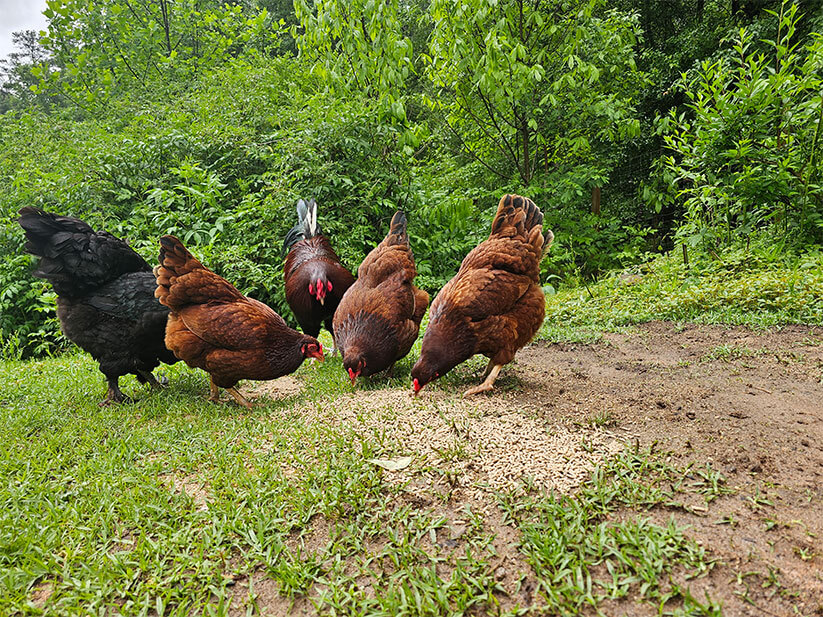Our animal naming tradition began when our boys were young, introducing them to iconic, influential BIPOC figures. This tradition continues today. Meet our animal family.
Hercules – Spotted Saddle Horse
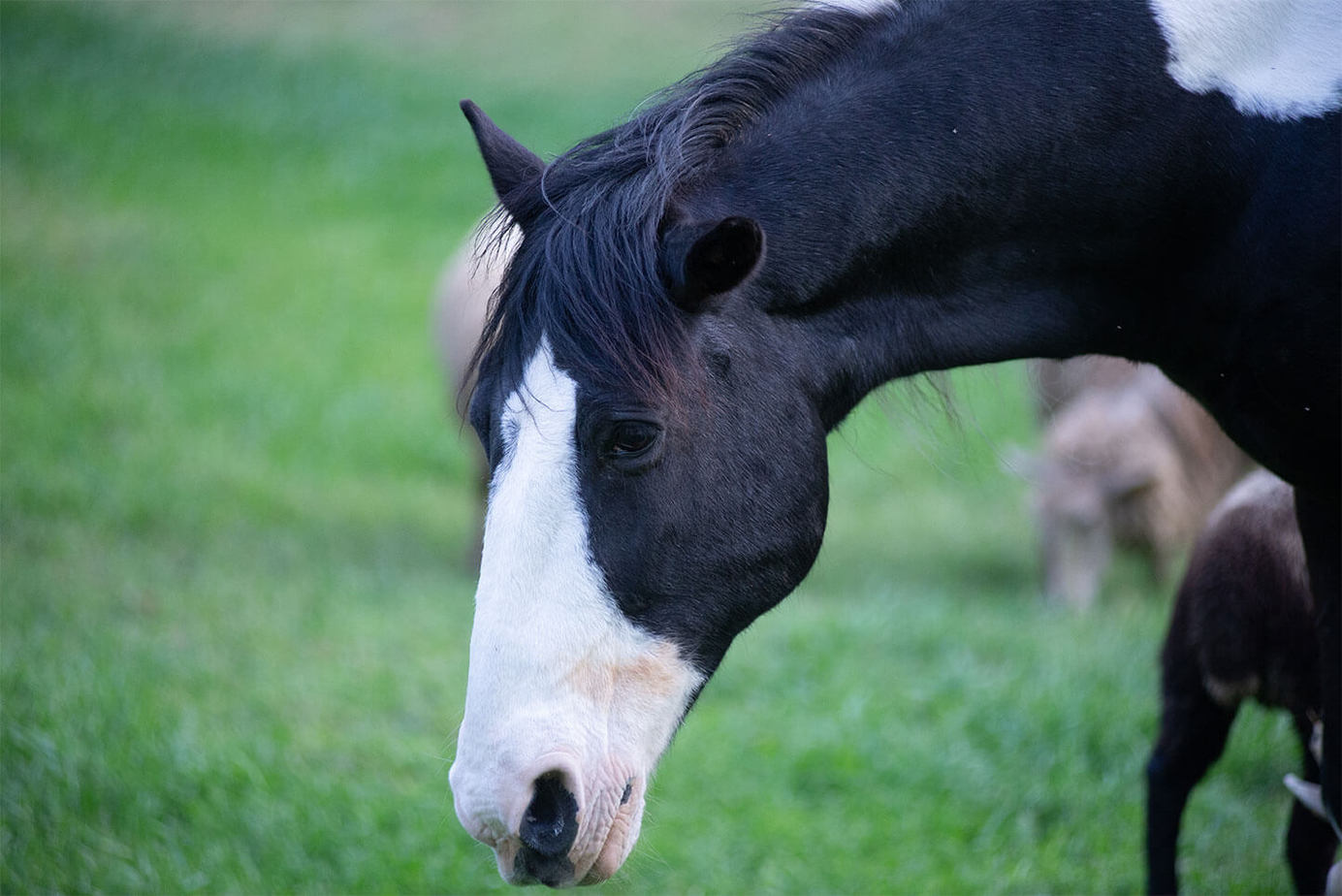
Although not a heritage breed, Hercules is a big part of our farm family. He is not here just for his good looks (although he is very good looking)! He likes to think he runs the show around here and plays an integral role on our farm. He makes it his business to receive treats and affection on farm days – or whenever possible (Agrotourism & Hospitality Specialist). He also helps with grazing when forages get ahead of what the goats or sheep can handle (Pasture Specialist). Lastly, he contributes copious amounts of manure to our compost system, making him one of our top (On-Farm Suppliers). Most of all, however, he brings joy to our hearts and keeps an eye out over “his domain.” We’re blessed to have him.
Gulf Coast Natives are a versatile, dual-purpose breed, producing wonderful wool and flavorful, lean meat
A heritage breed of sheep native to the southeastern United States. Currently endangered, they are beloved for their adaptability and resilience in hot and humid climates.
Gulf Coast Natives
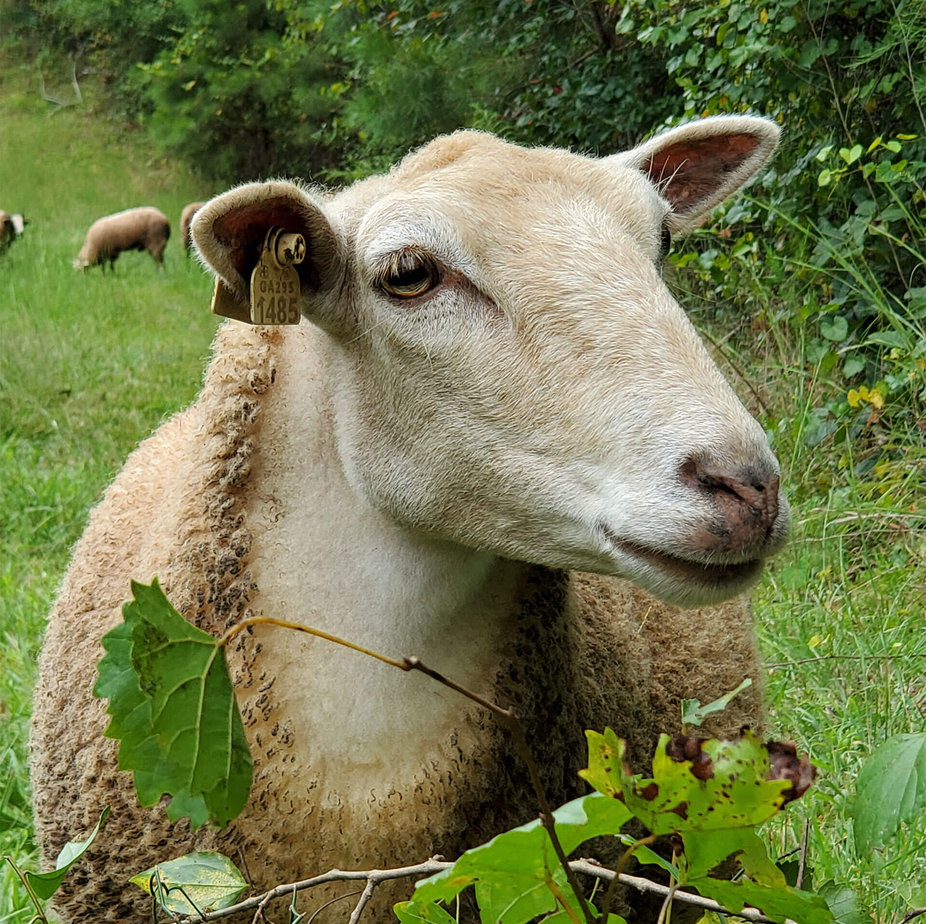
history and characteristics
Gulf Coast Natives have a rich history dating back to the 16th century when Spanish explorers introduced them to the Gulf Coast region. These small to medium-sized sheep, with ewes weighing 80-120 pounds and rams/wethers at 150-220 pounds, provide a range of fleece patterns and colors, including creamy whites, tan, and gray browns. Their adaptability and disease resistance make them ideal for extensive grazing systems.
breeding and production
These hardy sheep are renowned for their excellent mothering skills and remarkable resistance to parasites and hoof rot. In addition to providing wonderful wool, Gulf Coast sheep produce a lean and succulent carcass. Carcass weights are usually light with little waste and the meat is delightfully mild and can be prepared in many ways. Conservation efforts are being made to preserve and promote this heritage breed's genetic diversity and historical significance, as they are adapted to the Gulf Coast's unique environmental challenges.
wool quality
Gulf Coast Natives produce a medium grade wool with a diverse range of attributes often suitable for various applications. Fleeces are open, low grease, wavy to crimpy with an avg 4" - 6" staple length and average between 4-6 lbs. The wool felts well and can be blended and dyed easily. 100% hand spun yarn makes great fabric, blankets or knitted projects on its own and is soft enough to wear next to the skin. Our flock leans toward the finer side with wool useful for soft but durable blankets and outerwear, to next to the skin clothing, like sweaters and socks.
The Sweetest Things Come In Small, Fluffy Packages
Our French Angoras typically shed their fiber every 90-100 days, (shedding patterns vary between rabbits). Whether you’re a fiber enthusiast or a fashion designer, French angora fiber adds a soft touch of elegance to your creations.
French Angora Rabbits
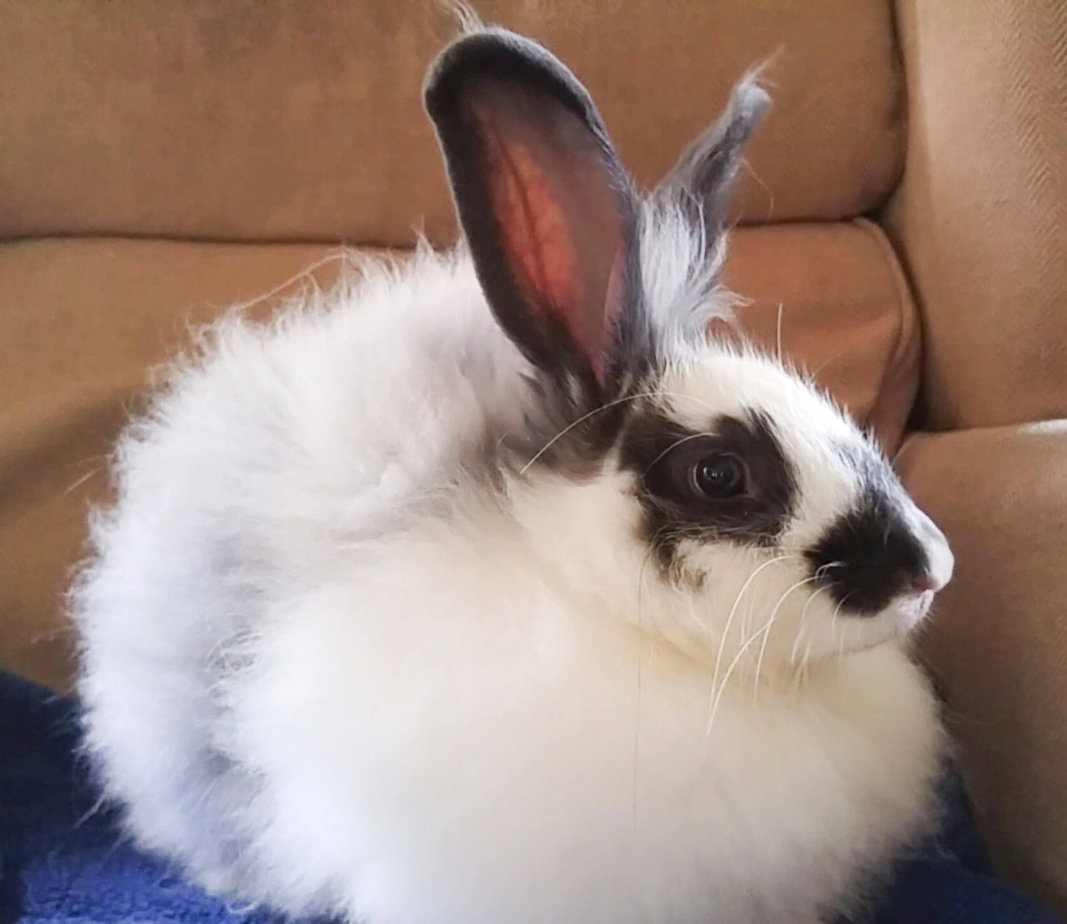
history and characteristics
fiber quality
French Angora rabbits produce wool of exceptional quality, perfect for creating luxurious textiles. Their fluff, known for being fine, silky, and lightweight, is 8x warmer than wool and can average between 3" - 7" in staple length. We focus first and foremost on health, comfort, and security. Careful breeding ensures the fibers maintain softness, length, and high density. Breeding involves meticulous selection for superior fiber quality. Sought after for crafting garments and accessories, it blends seamlessly with other fibers and takes dyes beautifully with a little patience and care.
show & pet qualities
French Angoras make delightful household pets with a docile nature, making them suitable for older children and fiber enthusiasts desiring a sustainable, renewable source of fiber! A favorite in the show world, they exhibit excellent mothering instincts during gestation and kindling. Easily "house broken", their affectionate disposition and love for grooming provide a continuous supply of fiber for spinning. Boasting a variety of colors, each of our rabbits has a unique personality and naturally shed their fiber.
History and Benefits, Productivity
Ducks are messy little noise-makers, but they’re also pure comedy and joy. They just make you smile.
Heritage Breed Poultry
